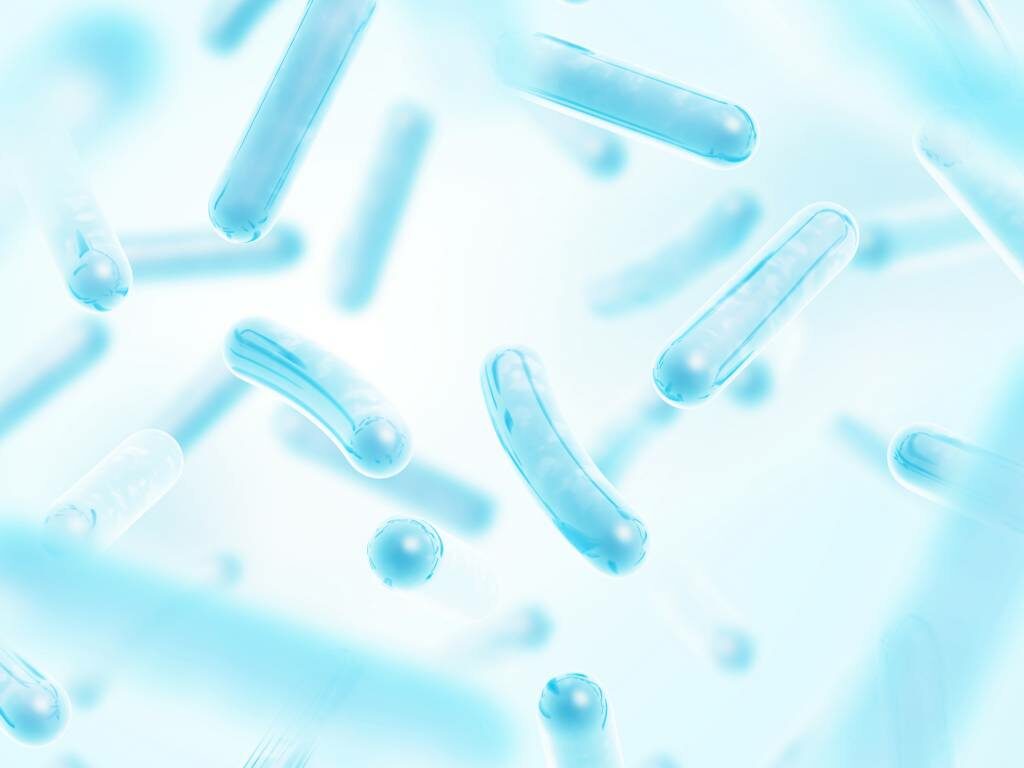"The cause of nausea and vomiting during pregnancy is unknown to this date,” said Albert T. Liu, lead author for the study and a Professor of Obstetrics and Gynecology at UC Davis School of Medicine. “Various theories have been proposed, but none of them is conclusive. Nausea, vomiting and constipation during pregnancy can significantly diminish the quality of patients' lives. Once nausea and vomiting during pregnancy progress, they can become difficult to control, and sometimes the patient even needs to be hospitalized.”
Nausea and vomiting affect about 85% of pregnancies, states a press release on the topic. During pregnancy, hormones like estrogen and progesterone increase, bringing about physical changes—which can also alter the gut microbiome, likely affecting digestive system functions and causing symptoms like nausea, vomiting, and constipation.
The 16-day study was conducted on 32 participants, who took a probiotic capsule twice daily for six days and then took two days off, and then repeated the cycle. The probiotics contained 10 billion live cultures, mainlyLactobacillus. Participants kept 17 daily observations of their symptoms during the duration of the study, for a total of 535 observations.
The findings: Nausea hours were reduced by 16%, and incidence of vomiting was reduced by 33%. Probiotic intake also significantly reduced constipation, while significantly improving fatigue, appetite, and ability to maintain normal social activity.
"Over the years, I've observed that probiotics can reduce nausea and vomiting and ease constipation,” Liu said. “It's very encouraging that the study proved this to be true. Probiotics have also benefited many of my other patients who weren't in the study.”
Related: Preliminary Study Connects Fertility with Microbiome 6 Top Prenatal Nutrients IFF Resource Hub Offers Microbiome Innovation Resources
Participants also contributed fecal specimens before and during the study, which were analyzed to identify the type and number of microbes.The researchers found that a low amount of bacteria that carry the enzyme bile salt hydrolase—which generates bile acid to absorb nutrients—was associated with more pregnancy-related vomiting. Probiotics generate more bile salt hydrolase-producing bacteria, which could explain the reduced nausea and vomiting. Another finding: High levels ofAkkermansiaandA. muciniphilaat the beginning were associated with more vomiting, and probiotics reduced those bacteria. A third finding: Vitamin E levels increased after taking probiotics, and higher vitamin E levels were associated with low vomiting scores.
"This research provides key insights about the impact of gut microbes on gastrointestinal function during pregnancy,” explained Yu-Jui Yvonne Wan, Ph.D., Vice Chair for Research in the Department of Pathology and Laboratory Medicine at UC Davis and co-author of the paper, in the press release. “Our gut microbiota explains why we are what we eat, and why bacteria-generated metabolites and products have a huge impact on our health. They affect the gastrointestinal tract as well as skin health and neurological function. Our previous work showed the benefits of probiotics in preventing liver inflammation. The current study might be one of the first to show the benefits of probiotics in pregnancy. It would be interesting and important to further test whether probiotics can reduce nausea and vomiting caused by chemotherapy in cancer patients."









